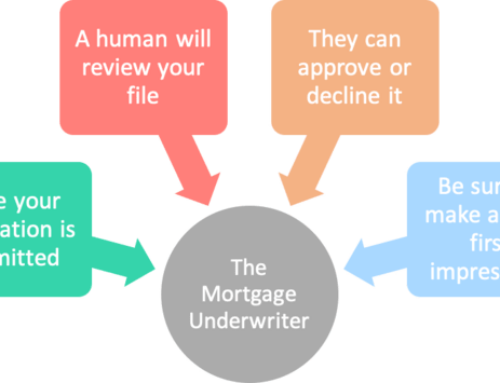The world today looks very different from the one Radian Group was operating in a decade ago, during the worst of the housing crisis. Back then, its delinquent inventory ended up well over the 100,000 mark and the high level of claims affected both its capital level and profitability.
As Radian navigates the pandemic, the number of delinquent loans is much lower and the capital requirements imposed by the secondary market have created a level of safety and soundness for the company and the industry, CEO Rick Thornberry said. Those changes put Radian and its competitors in a position to effectively handle the current situation, Thornberry added.
National Mortgage News spoke with Thornberry after Radian’s third-quarter earnings call. Questions and responses have been edited for clarity and length.
Radian’s delinquent inventory is down from the second quarter, but still rather elevated. How big of a concern is that for the company?
We reserve based on new defaults, [which] have continued to run at much lower levels than the general industry expected back in April. And then cures continue to come in, exceeding new defaults.
A lot of attention gets paid to our default-to-claims rate that we use for reserves. We expect 8.5% of the loans to default and ultimately have a claim paid. And those claims are to be paid out in a couple of years [following foreclosure].
The trends we’ve seen the last four months are encouraging. We believe there’s still uncertainty in the market [and] that the strength of our capital puts us in a position to navigate through the level of delinquencies we’ve seen.
The numbers really aren’t that big. Our delinquencies outstanding at the end of October were around 59,000. So you’re talking about 5,000 claims maybe, over a period of two or three years. Those aren’t big numbers.
Your new insurance written for the quarter was a company-record of $33 billion. Three of your competitors have reported they did over $30 billion as well for the quarter. So even with the defaults, it was a great quarter for the MIs.
The best thing about it is the quality of that $33 billion and that it’s primarily monthly premium business. We feel comfortable about the loan attributes, with 70% purchase business in the third quarter, only 30% refinance. The MI industry, we’re more than likely to participate in a purchase transaction, so this growth is not fueled by refinancings. It’s fueled by participation in a purchase market that’s characterized by first-time homebuyers.
We have an economic cycle where we see credit continue to remain strong, especially in the purchase market.
Still, that 30% refinance share is high. Are you concerned about the credit quality because these borrowers remained over an 80% loan-to-value even as their loans seasoned?
The credit profile of that refinance borrower is strong. They’re migrating down from where they put 3% or 5% down to begin with and maybe they’re at 10% equity in their home or 15% equity in their home and they still require a refinance.
But what they’re doing is they’re lowering their payment, so therefore they become a better borrower. We don’t see any measurable amounts of cash-out refinances. These are rate and term refis where somebody is lowering their payment. And so the credit quality is just as good on refinances as it is on purchases.
Prior to the earnings release, Radian announced its real estate segment will not offer traditional appraisals anymore. It will still be doing valuations, but via automated products. Did COVID-19 push Radian in this direction or was it just a business decision based on what has been happening in the broader appraisal business?
It was a straight-up business decision. We see where the world is going versus where it’s been. And I think COVID is accelerating a lot of digital opportunities around automated valuations and hybrid valuations. We think we did a pretty good job at it, but we really want to focus our time and energy on the data and analytics and digital products and services.
It was a tough decision but it’s a small business. We don’t expect it to have any material impact on our next financial results and we’re working with our customers to transition them to other providers.
How is your March 2018 acquisition of Entitle Direct working out? Independent underwriter companies like States Title and Westcor have attracted some investment, and could potentially take some market share from the big four. Is this a growth business for Radian?
We’ve taken Entitle, now Radian Title Insurance, and another company we bought, ValuAmerica, now Radian Settlement Services and year-over-year we’ve seen a 157% increase in title orders. We have a strong pipeline of blue chip customers that will be joining us soon. So, we do see an opportunity for our overall title business to grow. It’s very, very accretive to the deepening of our MI-lender relationships.
We like that business. We’re approaching it differently than the traditional title company. We’re not building a business based on agents. We really see the opportunity to work with lenders, consumers and Realtors through our centralized platform leveraging data and analytics and technology.

